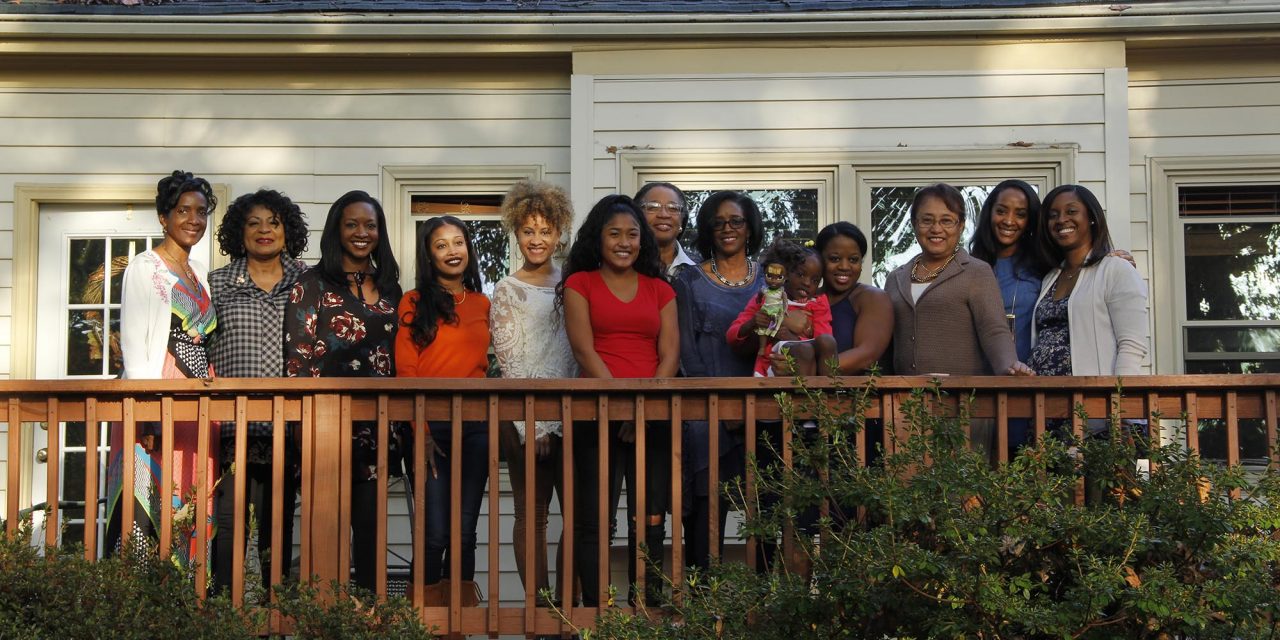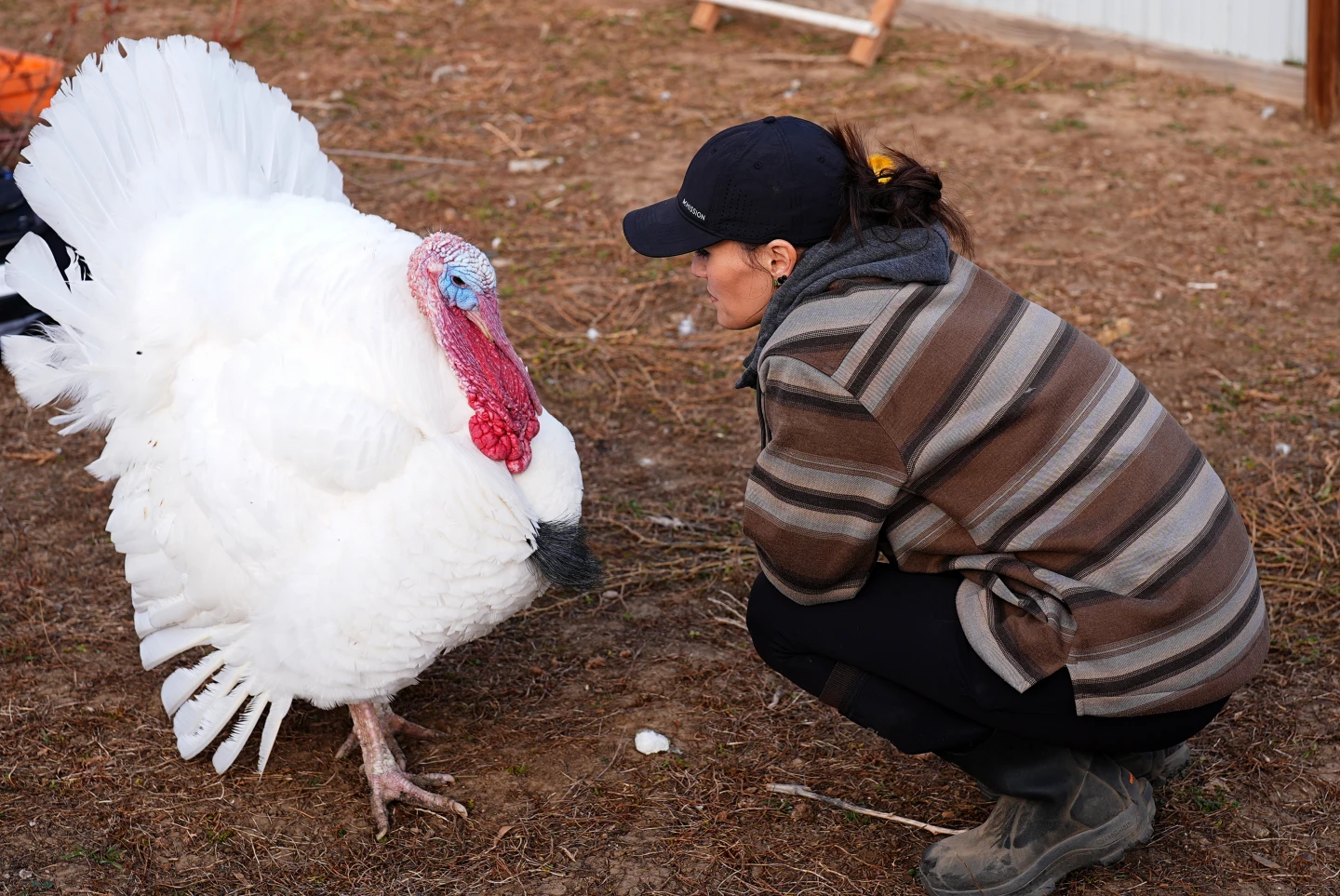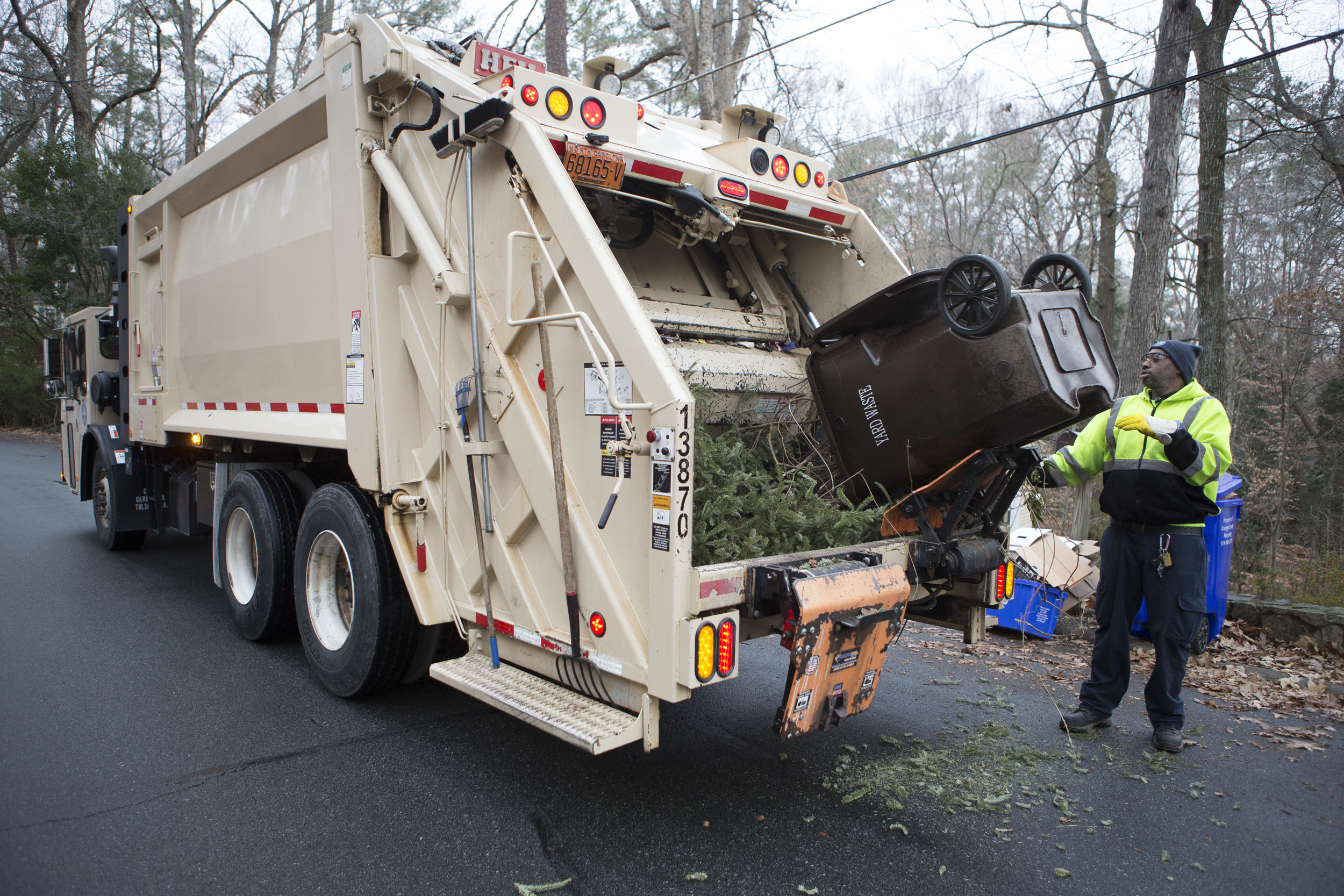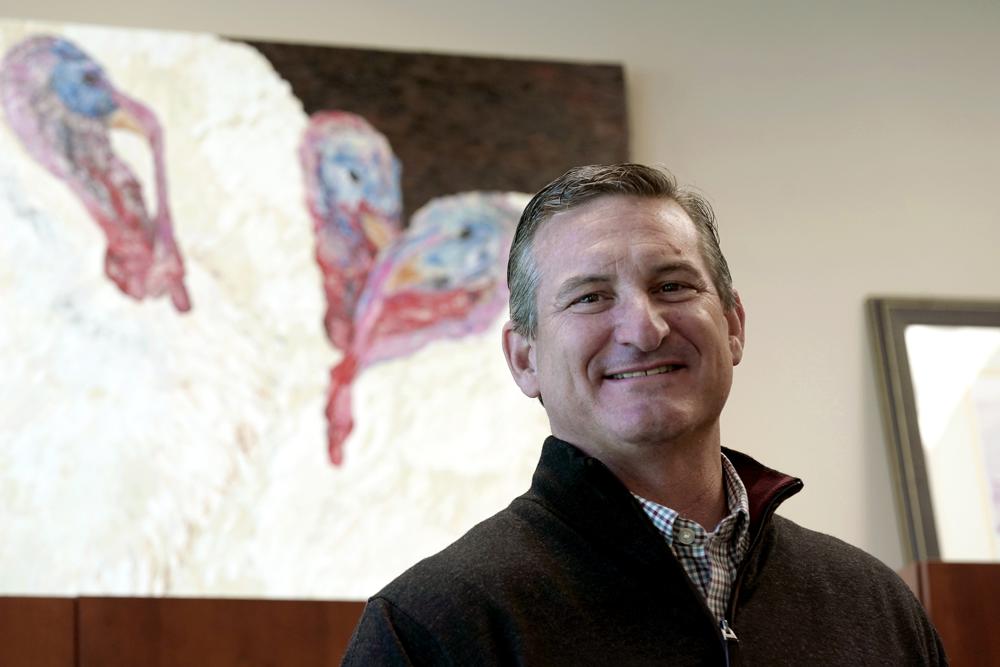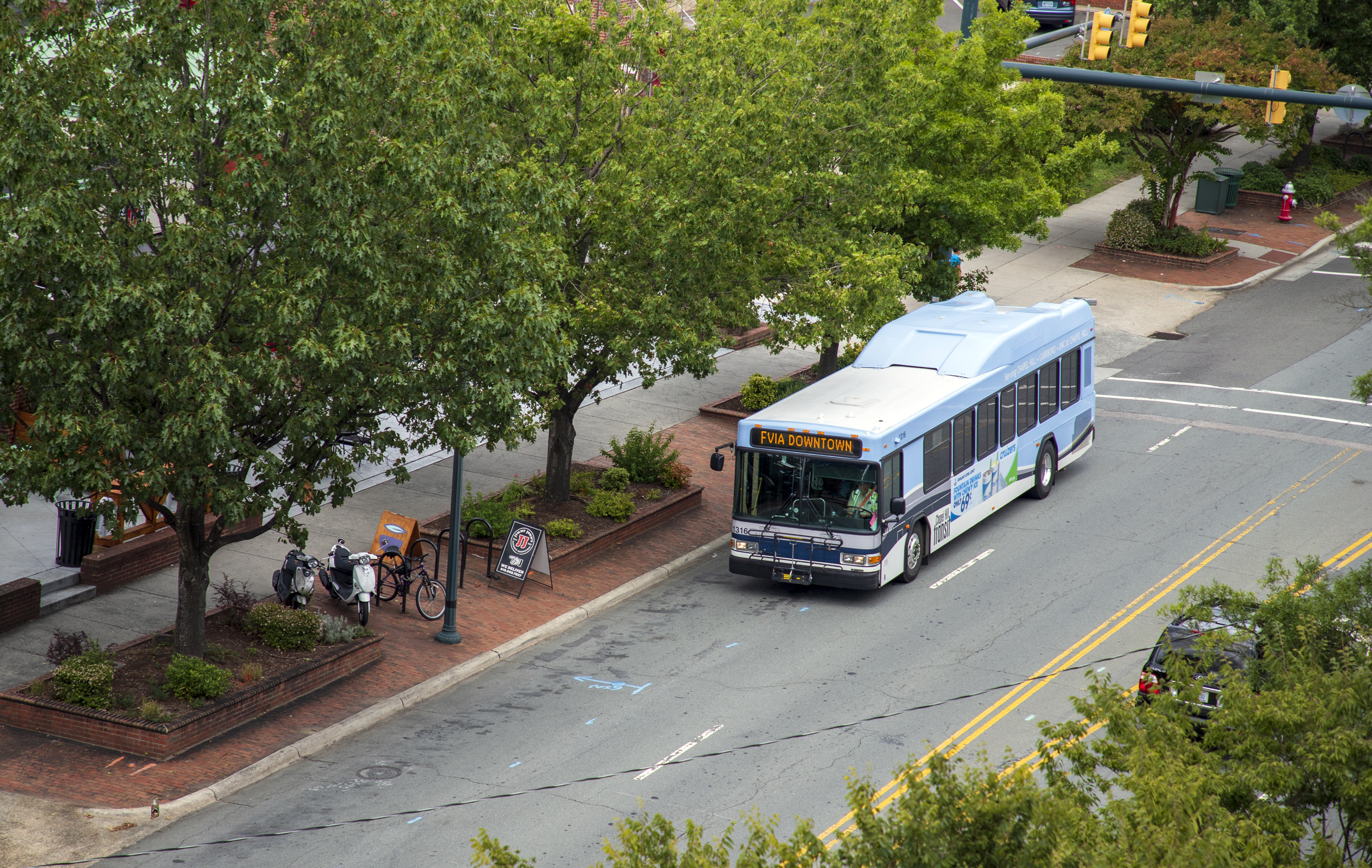Tonight, Maya and I leave for Thanksgiving with her family.
Her mother is Caribbean and her dad is American, so the meal is the best of both worlds and twice as delicious. There are countless aunts, uncles, and cousins and just before the meal we all stand hand-in-hand in a giant circle that covers the living room, kitchen, and dining room, all anxiously waiting to see who is randomly called on to say the blessing.
I, like most of the people standing in that circle, pray my name is not called.
But this year, I kind of want it to be.
I’ve thought this through and after saying my blessing (which could be based in religion or more secular — it still has the same meaning and effect), I would go around the room and ask everyone to name one thing that they are grateful for.
After the initial groans, my hope would be that it would change the energy in the room and leave people with a real grasp about the word gratitude means and what it does.
I’ve been studying this concept of gratitude and the residual benefits that come from establishing a gratitude practice. It started with journaling, as it often does. But now, with a lot of practice, even more patience, and a little luck, it is becoming a new way of viewing the world.
The effects of this practice extend way beyond what I initially expected.
To be honest, when I first considered starting a gratitude journal, it felt a little too “woo-woo” for me. I think a lot of people feel that way when they hear these seemingly abstract concepts.
But after seeing it pop up time and time again in the writings of people whom I admired, and I was struggle to initiate the change I wanted in my life, I dove deeper into my research. I learned that it wasn’t abstract at all. There was an abundant amount of scientific research that showed practicing gratitude affected our physical, psychological, and social selves.
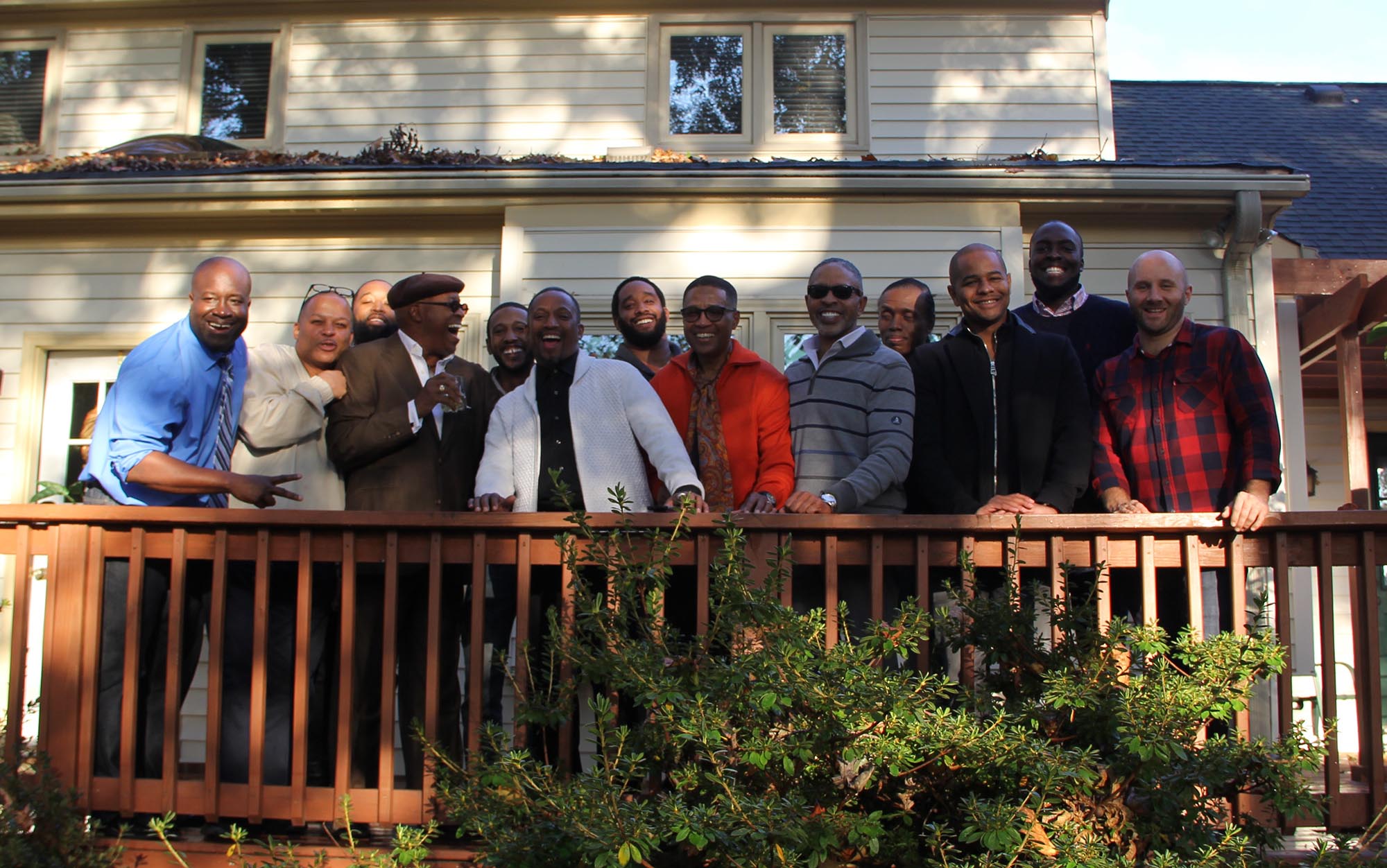
Picture via Rain Bennett
Gratitude expert Robert Emmons says,
“My definition of gratitude has two components. First, it’s an affirmation of goodness. We affirm that there are good thing in the world, gifts and benefits we’ve received. This doesn’t mean that life is perfect; it doesn’t ignore complaints, burdens, and hassles. But when we look at life as a whole, gratitude encourages us to identify some amount of goodness in our life.
The second part of gratitude is figuring out where that goodness comes from. We recognize the sources of this goodness as being outside of ourselves. It didn’t stem from anything we necessarily did ourselves in which we might take pride. We can appreciate positive traits in ourselves, but I think true gratitude involves a humble dependence on others: We acknowledge that other people—or even higher powers, if you’re of a spiritual mindset—gave us many gifts, big and small, to help us achieve the goodness in our lives.”
The concept of how gratitude is connected to our relationships with others particularly resonated with me because empathy — the ability to understand and connect with one another — is one of my guiding values.
Glenn Fox, a researcher at USC, says this:
“Enhancing our knowledge of gratitude pulls us closer to our own human dignity and what we can do to benefit each other.”
The key to implementing a gratitude practice is to get specific. At that pre-Thanksgiving dinner blessing, it would be easy for everyone to say that they are grateful for things like family, health or prosperity. But just saying those things aren’t the same as practicing gratitude because they are so general. We all have those feelings. In short, it’s kind of a cop-out.
Instead, I realized what was more effective was seeking out gratitude in the tiniest things as well as the big things. “I’m grateful for this cup of coffee in my hands that is helping me kick-start my day.” “I’m grateful for my yoga class this evening.” “I’m grateful that the sun is shining today.”
These help shift our focus off the complaints, burdens, and hassles that Emmons mentions, which usually dominate our thoughts and keep us in a state where we feel like we’re constantly drowning. When we focus on the good things (the fact that we are alive means that there are plenty of good things), we are able to exist in the present, become more resilient to the stress demons, and have a higher sense of self worth.
But it’s not just an act of seeing the positive side of things and tricking our minds into believing that the good outweighs the bad. It’s a conscious effort that takes discipline and patience, and the research shows that our brain will actually change if we stay committed to the practice.
Sounds like the path and plan of just about anything we try to achieve, huh?
This year, of course I’m grateful for my family and my daughter. Of course I am grateful that I’m finally facing some of my psychological issues and seeing personal growth.
But this morning, I’m grateful that you care enough to read this and that Chapelboro.com believed I had something worthy to say and gave me a platform to do so.
Love y’all. Happy Thanksgiving!
Featured image via Rain Bennett
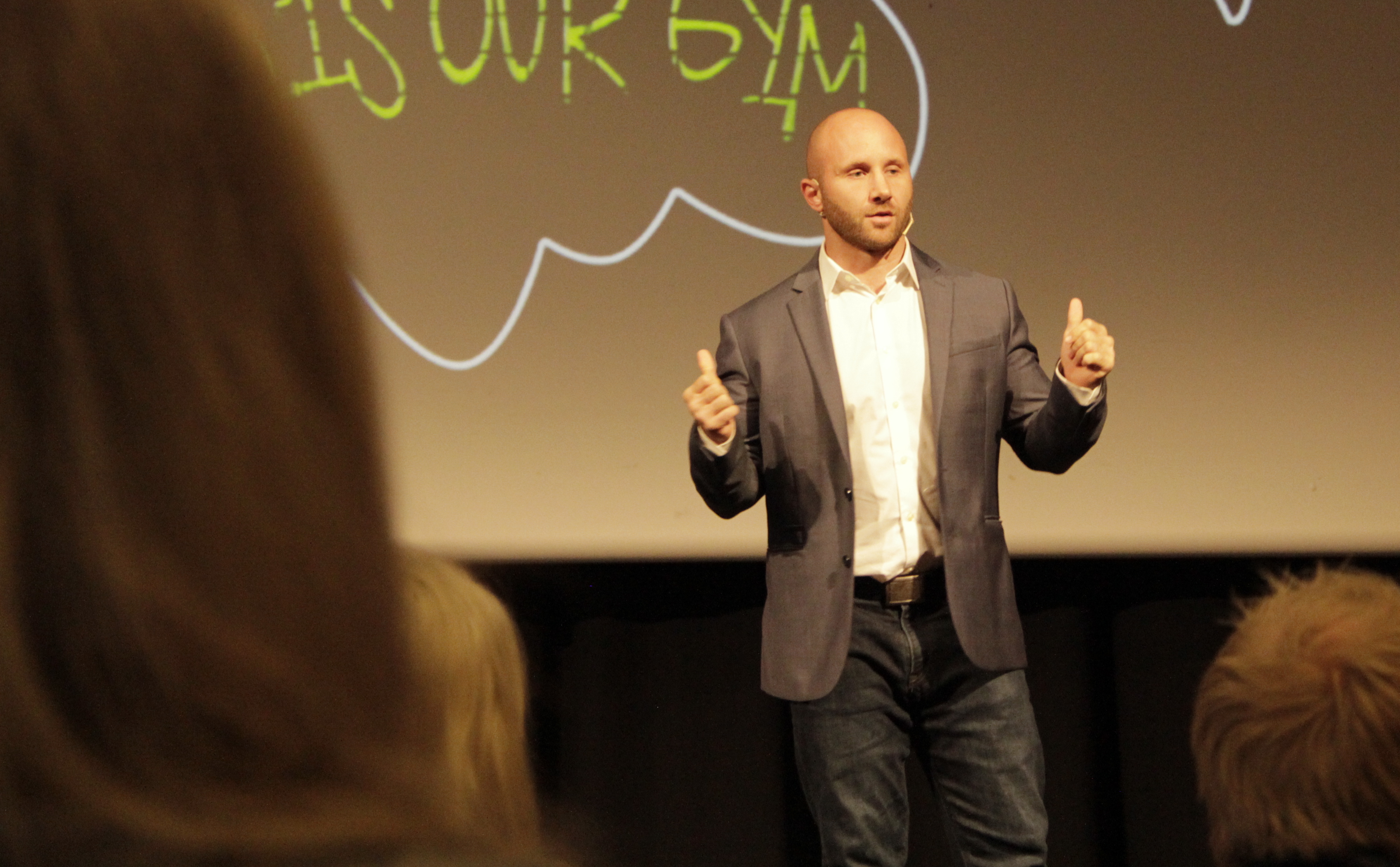
Picture via Rain Bennett
Rain Bennett is a two time Emmy-nominated filmmaker, fitness professional, public speaker, and writer. His mission is simple: to help people realize that they too can be great, no matter where they come from or what they start with. It just takes passion, persistence, and a plan.
Bennett directed and produced his first feature length documentary in true indie fashion by traveling the world with only a backpack and a Canon DSLR camera. That film, Raise Up: The World is Our Gym won “Best of the Fest” at the Hip Hop Film Festival NYC and received global distribution through Red Bull Media House. He’s been featured in publications like Men’s Health and Sports Business Global and is a regular contributor to Breaking Muscle. When he’s not making movies or training clients at Sync Studio in Durham, he’s hosting a new webseries called The Perfect Workout Show.

